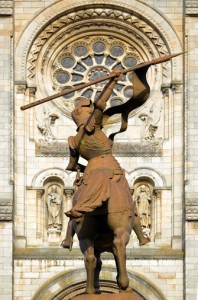 In a mass society, we are defined not by what we are but what we have. A mass society is what Thomas Hobbes long before described as a mere sand-heap of individuals where each seeks his own interest and welfare. When the social ties are loosened, material wealth becomes the main standard of well being. A whole realm of more social and spiritual goods is neglected to the detriment of man’s full development.
In a mass society, we are defined not by what we are but what we have. A mass society is what Thomas Hobbes long before described as a mere sand-heap of individuals where each seeks his own interest and welfare. When the social ties are loosened, material wealth becomes the main standard of well being. A whole realm of more social and spiritual goods is neglected to the detriment of man’s full development.
Economist Wilhelm Röpke explains that “Man simply does not live by radio, automobiles, and refrigerators alone, but by the whole unpurchasable world beyond the market and turnover figures, the world of dignity, beauty, poetry, grace, chivalry, love and friendship, the world of community, variety of life, freedom, and fullness of personality” (Wilhelm Röpke, A Humane Economy: The Social Framework of the Free Market, Chicago: Henry Regnery Company, 1960, p. 89).
and refrigerators alone, but by the whole unpurchasable world beyond the market and turnover figures, the world of dignity, beauty, poetry, grace, chivalry, love and friendship, the world of community, variety of life, freedom, and fullness of personality” (Wilhelm Röpke, A Humane Economy: The Social Framework of the Free Market, Chicago: Henry Regnery Company, 1960, p. 89).


